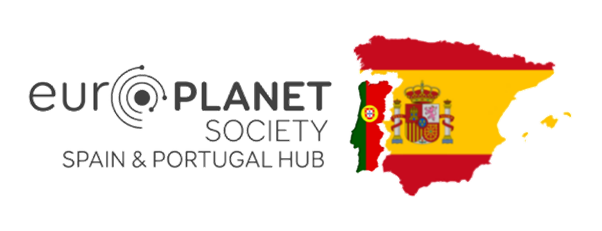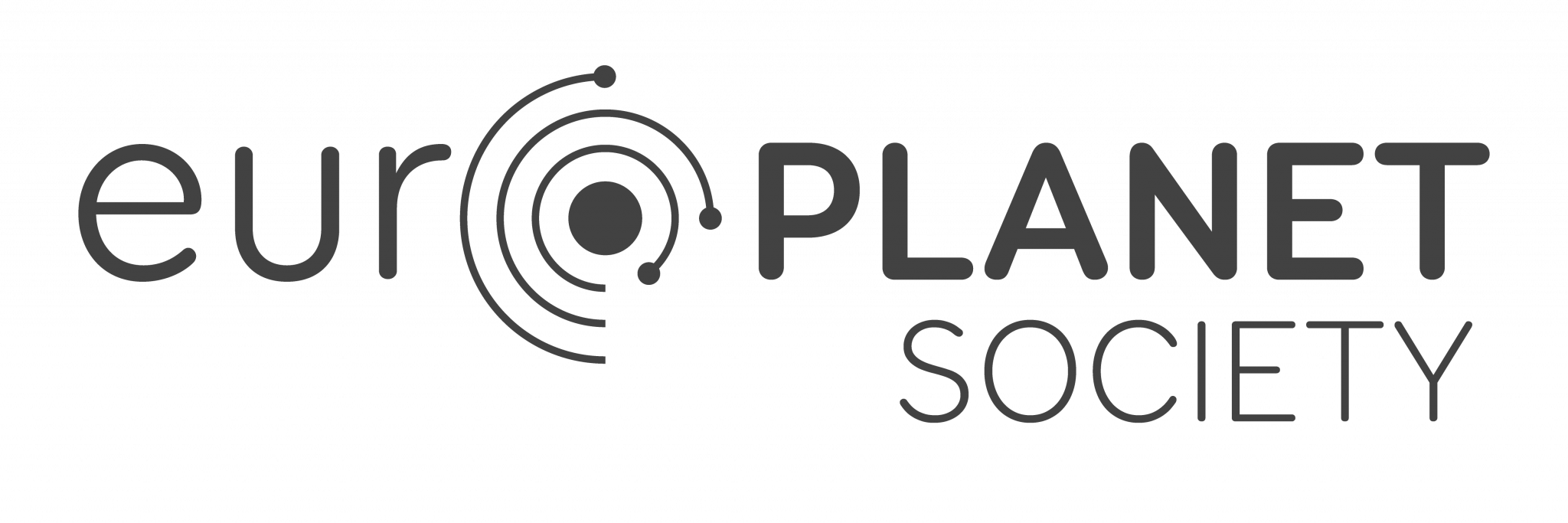Tytle: 3 PhD positions in IA-Porto for exoplanets
Centre:Instituto de Astrofísica e Ciências do Espaço
Type: Predoctoral
Description:
The positions are offered in the context of the project "FIERCE: Finding Exoearths: tackling the challenges of stellar activity" funded by the European Research Council under an Advanced Grant with the reference 101052347. The work will be developed at CAUP (in the Porto node of the Instituto de Astrofísica e Ciências do Espaço), under the scientific supervision of Nuno C. Santos and/or other members of the scientific team of IA.
Fellowship duration: Each fellowship should start between the 1st of September and the 1st of October 2023, renewable on a yearly basis, and has a maximum duration of 48 months
Work plan: The detection and characterisation of other Earths, planets with the physical conditions to hold liquid water and thus potential life-sustaining environments, is a bold objective of present-day astrophysics. This goal continuously pushes the development of new ground- and space-based instrumentation. However, the quest for other Earths is severely limited by astrophysical “noise” from the host stars, whose signatures distort the spectra used to detect and characterize the planets.
The PhD projects, offered in the context of one Advanced Grant funded by the European Research Council, are related with the development of new methods and analysis tools to tackle the problem of stellar noise in exoplanet research. In particular we expect the successful candidates to contribute to the development and exploitation of data from the PoET solar telescope and ESPRESSO spectrograph (ESO) to:
1) develop new approaches to reach the 10 cm/s barrier in Doppler radial velocity measurements needed to find and characterize other Earths orbiting other Suns;
2) model and correct stellar noise in transmission spectroscopy used to study exoplanet atmospheres.
Exoplanet data obtained with the ESPRESSO and NIRPS (ESO) spectrographs may also be made available.
The projects will have a strong impact on the exploitation of data from future ground-based projects and space-based missions such as ANDES@ELT (ESO) and PLATO (ESA).





